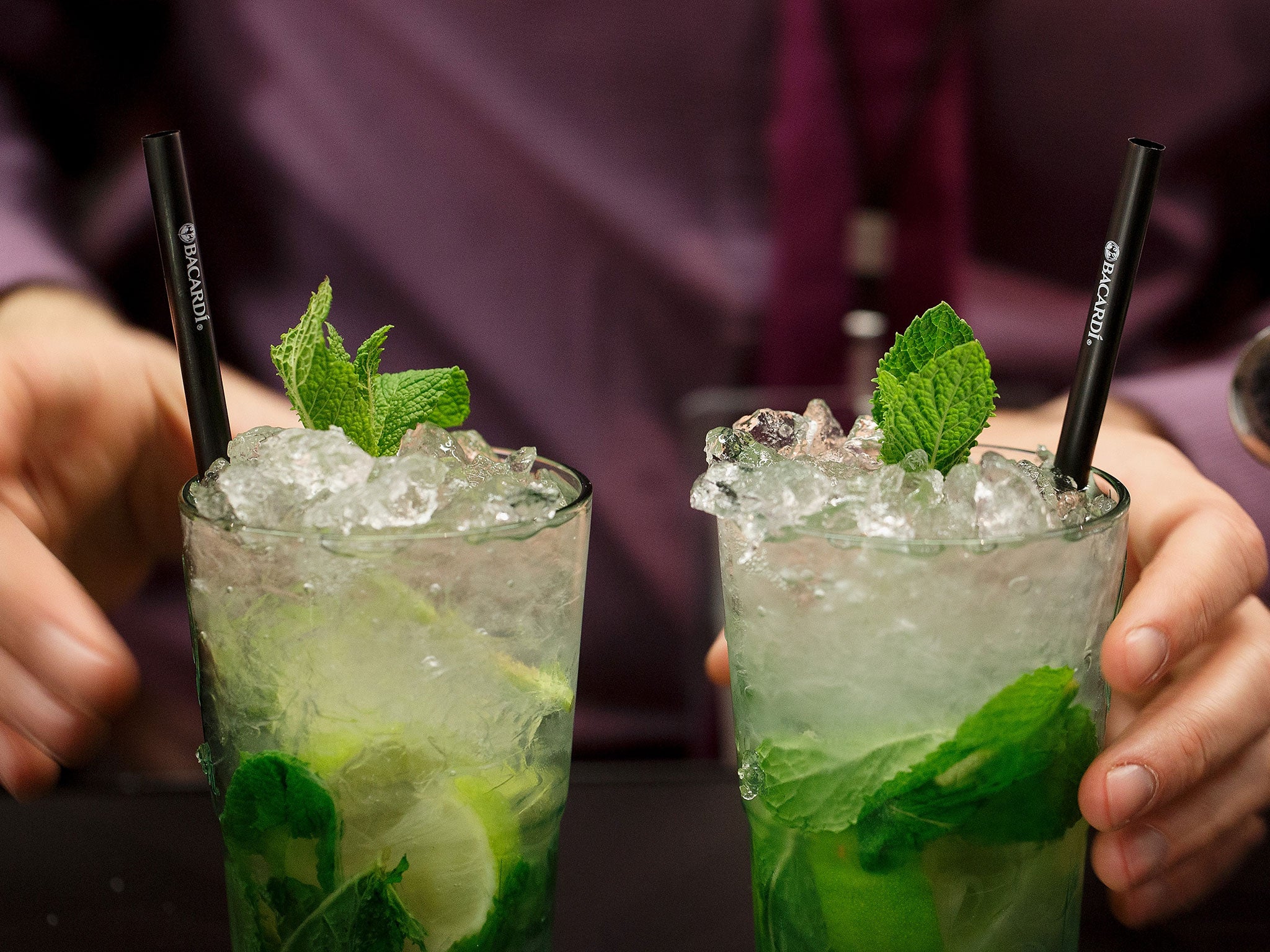For the twenty-somethings of today, growing up is hard to do
By the time I was 25, I had a mortgage, a car, a job and my own flat-pack furniture. The youngsters in my office still have their meals cooked by mum


Your support helps us to tell the story
From reproductive rights to climate change to Big Tech, The Independent is on the ground when the story is developing. Whether it's investigating the financials of Elon Musk's pro-Trump PAC or producing our latest documentary, 'The A Word', which shines a light on the American women fighting for reproductive rights, we know how important it is to parse out the facts from the messaging.
At such a critical moment in US history, we need reporters on the ground. Your donation allows us to keep sending journalists to speak to both sides of the story.
The Independent is trusted by Americans across the entire political spectrum. And unlike many other quality news outlets, we choose not to lock Americans out of our reporting and analysis with paywalls. We believe quality journalism should be available to everyone, paid for by those who can afford it.
Your support makes all the difference.By the time I was 25 years old, I was a salaried employee, I had bought and sold my first house, I had a mortgage, insured my own car, had made some flat-pack furniture (not very successfully, it has to be said) and considered myself very much part of an adult world. Since that time (which was, admittedly, a few decades ago), I may not have grown up any more, but I can say that at a relatively early age I was shouldering a fair amount of fiscal responsibility and considered myself a person in my own right, firmly independent from my parents.
I now share an office with a number of 25-year-olds, yet very few of them could be regarded as fully evolved into adulthood. Nearly all live with their parents, and are so hooked on their home comforts that they would like to put off their engagement with the real world until it becomes impossible to sustain. I understand that, in London and the South-east in particular, there are often insuperable difficulties for a young person to buy a property. But I think there is something more to it, and it feeds into a subject I have written about before – the creeping infantilisation of the modern world.
Yesterday brought hard evidence to support this. A survey of 2,000 young people over the age of 18 revealed that the age at which they felt themselves truly to be adults was 29. Most would spend their twenties living with their parents, getting meals cooked for them, having their washing and ironing done and, not least, paying relatively little for their accommodation. This leaves those young people in employment with plenty of spare cash to spend on transitory stimulants (the obvious sort, but also consumer goods and foreign holidays).
More than 40 per cent of young adults, according to the survey by insurance company Beagle Street, still felt like children. They relied on their parents, and retreated to a Pixar-inspired world where the lines between childhood and adulthood are increasingly blurred. Why go out and struggle with the complexities of life when you can retreat into a cartoon world where the jokes are knowing, the moral universe is one of certainties and you are not required to leave your comfort zone?
It’s not, say the respondents to the survey, until they have their own house, get married, pay into a pension and host dinner parties that they feel they have escaped adolescence. The sociologist Frank Furedi agreed. He said: “What people really believe constitutes being an adult are actually significant life events that give them adult responsibilities. Up until that point, regardless of their age, they are still perceived as adolescents.”
To some extent, I blame the parents. In many middle-class households, there is a drive towards keeping their children as, well, children. Their dependency is a comfort for parents who, equally, are fearful of the exigencies of the outside world.
None of this is healthy, of course. And not the least of it is that we are in danger of breeding a generation of 40-year-olds who don’t know how to use a washing machine.
Join our commenting forum
Join thought-provoking conversations, follow other Independent readers and see their replies
Comments